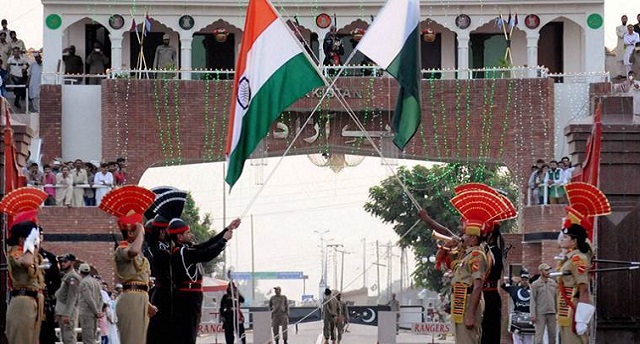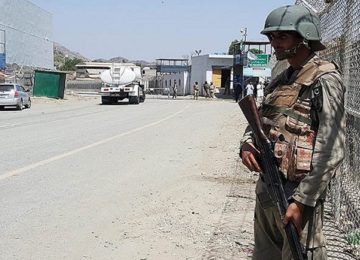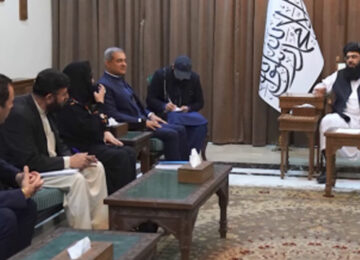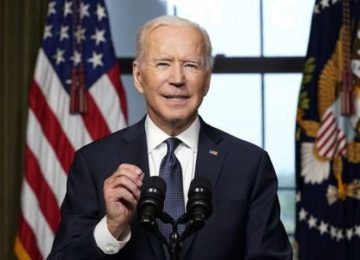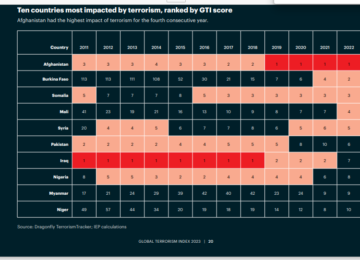July 15, 2020

The long-raised demand of the Afghans to reopen the Wagah border for Afghan exports was finally answered by the Government of Pakistan this week which announced to resume Wagah border operations from July 15, 2020. This demand had been incessantly raised by members of CRSS’ Pakistan-Afghanistan Track 1.5/II Dialogue ‘Beyond Boundaries’ during meetings over the past two years as well. President Ghani had in his various speeches said that if Pakistan would not allow Afghan trucks to go to India through the Wagah border, Afghanistan would not allow Pakistani trucks to go to Central Asia. Thus, Afghanistan had also closed the borders for Pakistani exports to Central Asian Republics.
In a tweet on July 13, Prime Minister’s Special Representative on Afghan Affairs, Ambassador Mohammad Sadiq, shared the news of the new development, stating that the resumption of Afghanistan’s transit trade through Wagah border would take place after implementing all COVID-19 related protocols. He stated that, to facilitate Afghanistan’s transit and bilateral trade, Pakistan had now restored all border crossings.
In this regard, while speaking to Afghan Studies Center, Afghanistan’s former Deputy Trade Minister and Executive Director of OESP – CRSS’ Afghan counterpart for the Track II dialogue, Mozammil Shinwari, stated that the issue of Afghan exports to India through Wagah border had indeed been a constant demand of the Afghan traders since a long time. The Afghan government had continued to stress on being given full access to India for both its exports and imports. From Pakistan’s side, the matter had continuously been one of security, especially in case of Indian trucks carrying Indian goods through Pakistan’s territory to Afghanistan, more than the case of Afghan exports going to India, he said.
Shinwari praised the step taken by the government, stating that this was indeed very good news for the Afghan traders’ community. As Afghanistan’s fruits season nears its peak, especially in the months of August and September, the timely opening of the trade route will allow thousands of tons of fruits, including Afghanistan’s watermelons, apricots and grapes, to be exported to India, he said. This will significantly help boost the exports of Afghan traders and ultimately aid the Afghan economy. While Afghanistan currently uses the air corridor for its exports to India which has been more expensive than using the land route, now that the Wagah border is open, this would significantly increase the flow of transit trade through Pakistan to India and enhance the trade relations between Afghanistan and Pakistan as well, said Shinwari. He again commended the gesture from Pakistan and hoped that one day the Wagah corridor would be fully accessible for both exports and imports and play an important role in the overall regional economic connectivity and integration.
Regarding President Ghani’s statement, Shinwari stated that he had been a witness to the meetings where Ghani, from the beginning of his presidential term, had stressed that Afghanistan would give Pakistan access to Central Asia if Pakistan would give Afghanistan access to India. Certainly, the positive step now taken by the Pakistan government will be hopefully reciprocated by the Afghan government and the trade route to Central Asia will be made accessible for Pakistani exports as well. Shinwari then stressed that in view of the five difficult months faced by both neighbors due to COVID-19 call for cooperation from both sides, as is seen in Pakistan’s recent gesture. He hoped that President Ghani, his cabinet and the commerce ministry of Afghanistan, would support this process. He further stated that Afghanistan has always insisted on a free trade policy between countries irrespective of the political problems between them. Trade should be kept free and separate from any political tensions on both sides, he advocated.
This report is compiled by Sitwat Waqar Bokhari who is a Research Fellow at CRSS and Program Manager for Afghan Studies Center.
© Center for Research and Security Studies (CRSS) and Afghan Studies Center (ASC), Islamabad.



